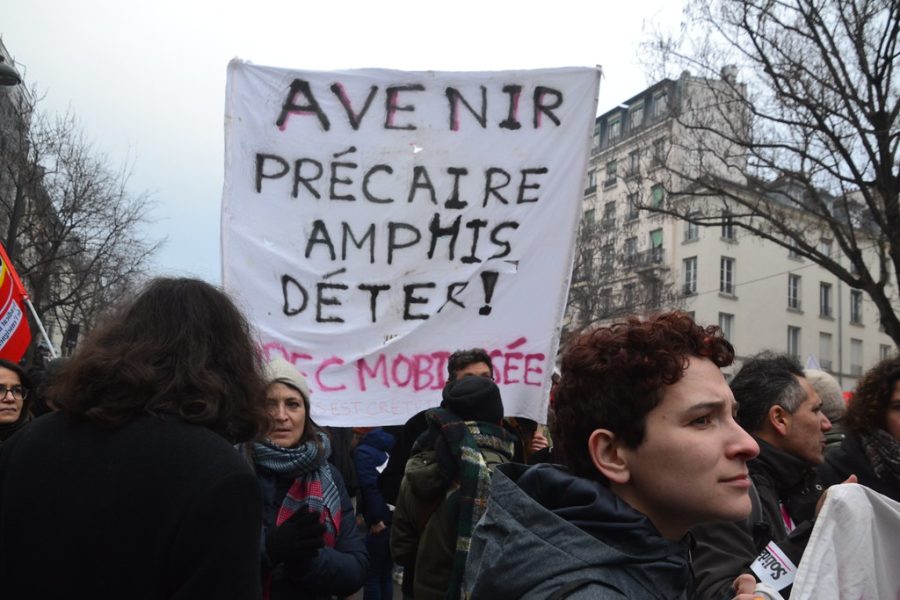Florida continues to struggle with the impacts of climate change.
Issues of extreme heat, air quality and natural events such as hurricanes are a threat toward human life in the state, where sea level rise has already damaged homes, affected water quality and interfered with communities.
A Department of Defense report was authorized by Congress in 2019 in an effort to look at the number of military bases threatened by climate change in Florida. According to the report, eight bases there face threats including extreme weather, heat, drought, recurrent flooding and sea level rise.
Florida’s coastal bases may experience 10 times the amount of floods that occur today by 2050. Trends show these bases will deal with a four-fold increase in hot days by 2050, with some areas experiencing 76 to 116 more days with heat over 100 degrees.
Recently, the Florida House approved legislation that would establish a fund of $100 million to use for climate-resilience projects. Additionally, the legislation would outline areas that are the most at risk from sea level rise and flooding.
If the legislation is signed by the state governor, an obligatory draft plan regarding flooding and resilience would be done by the Department of Environmental Protection. A research center will then be selected at the University of South Florida to examine the risks from sea level rise and combating floods.
“Sea level rise and flooding – it doesn’t care who you are or which ZIP code you live in, it affects all Floridians,” said Rep. Demi Busatta Cabrera, the House bill sponsor.
COVID-19 consequences in the state disproportionately affect low-income communities and communities of color who have higher energy bills, costly property damage, fewer resources to reduce risks for lost wages and more.
In order to address environmental racism and climate change, the state will need to focus on clean energy and equitable climate infrastructure. Policies that will help address these issues may include reducing pollen, investing in energy-saving programs, future-ready infrastructure, clean transportation options and more.












